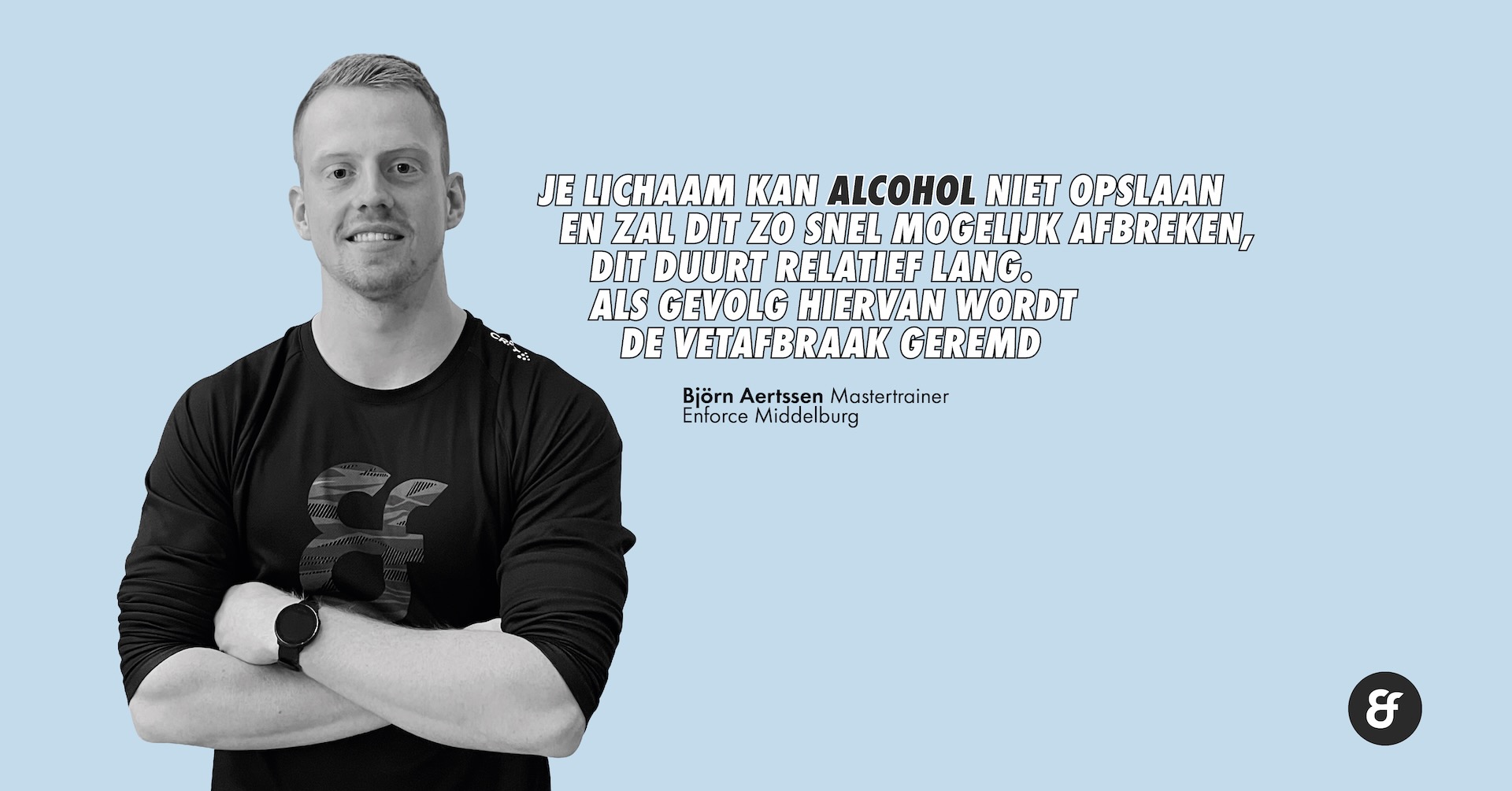Through daily nutrition we provide our body with the ''much needed'' substances, including carbohydrates, proteins and fats. We call these macronutrients. In this blog we will delve into this a little further.
Carbohydrates and fats
Exercise involves a good interplay of muscle contraction and muscle relaxation. The muscles need energy for this. The energy is mainly supplied by the oxidation of carbohydrates and fats. These are the fuels that our body needs to run the engine.
Carbohydrates
1g carbohydrate provides 4 kcal of energy. Carbohydrates consist of simple and complex sugars. The most important carbohydrates are:
• Simple carbohydrates (monosaccharides), such as glucose (grape sugar) and fructose (fruit sugar).
Found in sweets, fruit juices, jam and honey.
• Dual carbohydrates (disaccharides), such as sucrose (these are the above-mentioned combined and known as cane and beet sugar, for example) and maltose.
This is just sugar like the lump you put in coffee.
• Multiple carbohydrates (polysaccharides), such as starch and glycogen.
We know two types of this:
• Oligosaccharides: are a breakdown product of starch and dextrins, found in filler, legumes, etc.
• Polysaccharides: are fibers of starch, found in grains, rice, legumes, etc.
All carbohydrates are converted into simple sugars during digestion in the gastrointestinal tract and ultimately end up in the blood as glucose (blood sugar). The blood can carry the glucose to the muscles to be burned directly there. If it is not burned directly, glucose can also be stored in the liver and muscles in the form of glycogen.
However, the amount of glycogen that can be stored is limited. When glucose is not burned immediately or can no longer be stored because the supply is full, the body converts glucose into fat that is stored in the fat cells.
Do you regularly experience a slump and often long for something sweet?
This is due to the simple carbohydrates. These cause large fluctuations in blood sugar levels.
Therefore choose multiple carbohydrates!
Fats
Fats are important as an energy source for our body. Fats also contain essential fatty acids that play a role in various bodily functions. Adipose tissue protects the organs and provides insulation against the cold. Fat is also a carrier of the fat-soluble vitamins A, D, E and K. Fat is also a seasoning.
One gram of fat provides 9 kcal of energy when burned in the body. This is a lot compared to the amount of energy released when burning one gram of carbohydrates.
Especially during prolonged work, the body switches from carbohydrate burning to fatty acid burning. With the exception of the brain cells that always continue to burn carbohydrates.
We can divide fatty acids into unsaturated and saturated fatty acids. It is important for your health to choose products that contain little saturated fat. Saturated fat (butter, whole milk products, fatty meat, chocolate, biscuits, etc.) increases the cholesterol level in the blood and thus increases the risk of cardiovascular disease. Unsaturated fat (nuts, oily fish, olive oil, etc.) actually lowers cholesterol levels. Trans fat (frying fat, pastries, cookies and snacks) is an exception to this: it is even worse than saturated fat. Trans fat is created during the conversion of liquid and soft fats into hard fats.
Protein
Proteins are our building materials, they are indispensable for building and repairing our muscles, organs, nervous system and blood. One gram of protein equals 4 kcal of energy.
Proteins are made up of amino acids. Our body contains 21 different amino acids. Of these 21, 10 are essential. These are essential because our body cannot produce them itself. With a normal diet you get these 10 amino acids.
Exercise leads to an increase in the rate of muscle breakdown. In the period after intensive training, the net balance between muscle building and breakdown remains negative as long as you do not consume any food. When you consume proteins, your muscle protein build-up will be stimulated and the breakdown will be inhibited. The sooner you consume proteins after exercise, the more effective the result. So make sure you eat a protein-rich meal after a workout. Consider, for example, cottage cheese, egg or chicken.
Protein requirements depend on your workouts – the type, intensity and frequency. In combination with your goal, your protein requirement is determined.
Alcohol
Yes, alcohol (7 kcal per 1g) is also part of the macronutrients. The difference compared to the other macronutrients is that your body does not need alcohol to function properly.
If you consume alcohol, it is absorbed very quickly into your blood. Alcohol reaches your brain in about 10 minutes. Depending on the amount of alcohol, this will have different effects on your body.
Your body cannot store alcohol and will break it down as quickly as possible, which takes a relatively long time. As a result, fat breakdown is inhibited.
Recommended: ditch the alcohol and opt for a healthier choice!
Bjorn Aertssen
Enforce Master Trainer
bjorn@enforce.nl
Schedule a free coaching session or take the online membership test
Does this sound good and are you also ready for a fitter & healthier life? Then schedule a free coaching conversation now Join me or one of the other master trainers! 100% risk-free, the first step has never been easier!
Are you still in doubt? Then take the no-obligation online membership test: 6 short questions (only 1 minute to complete) to discover whether Enforce suits you!


